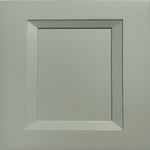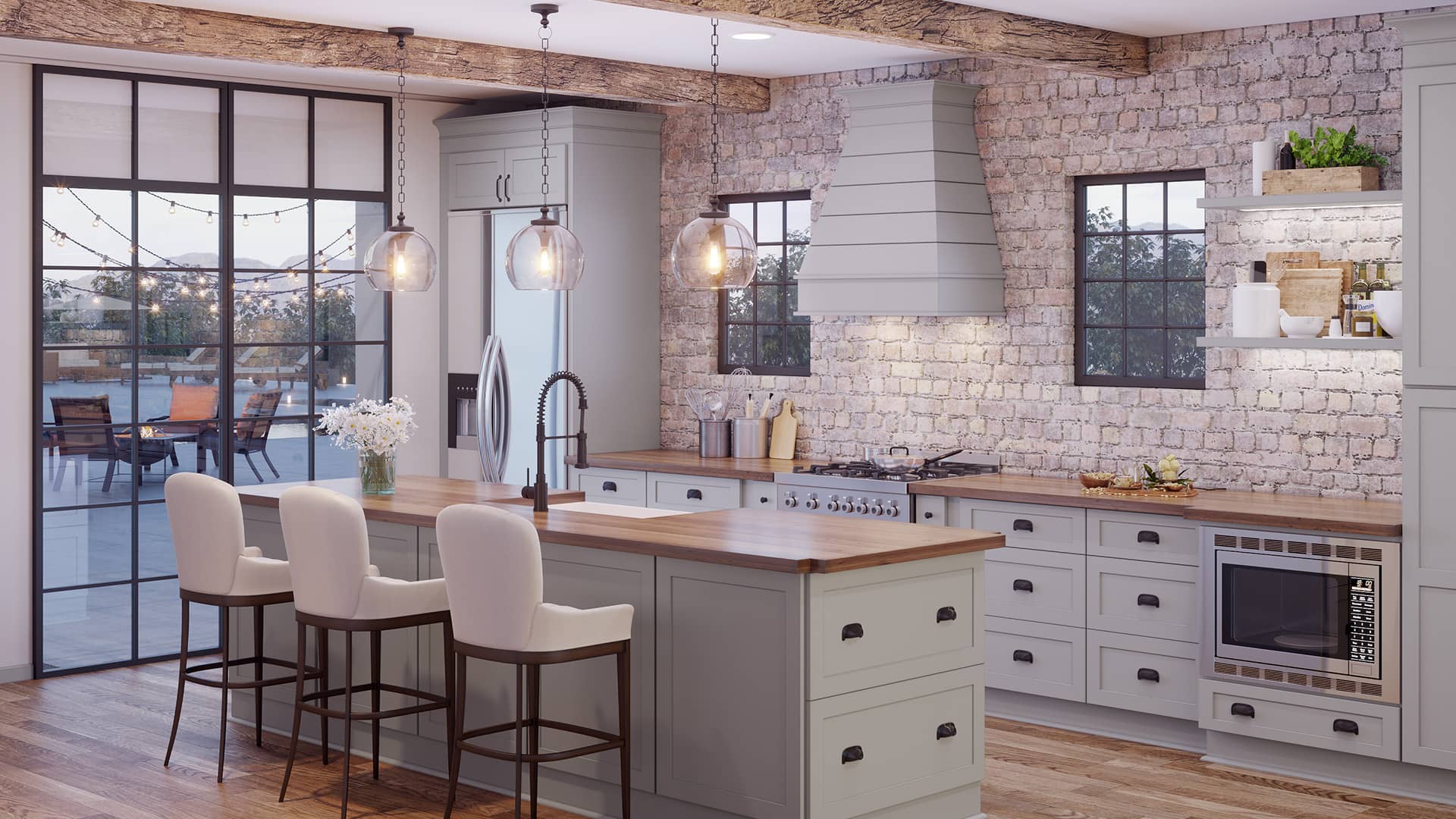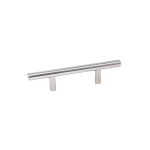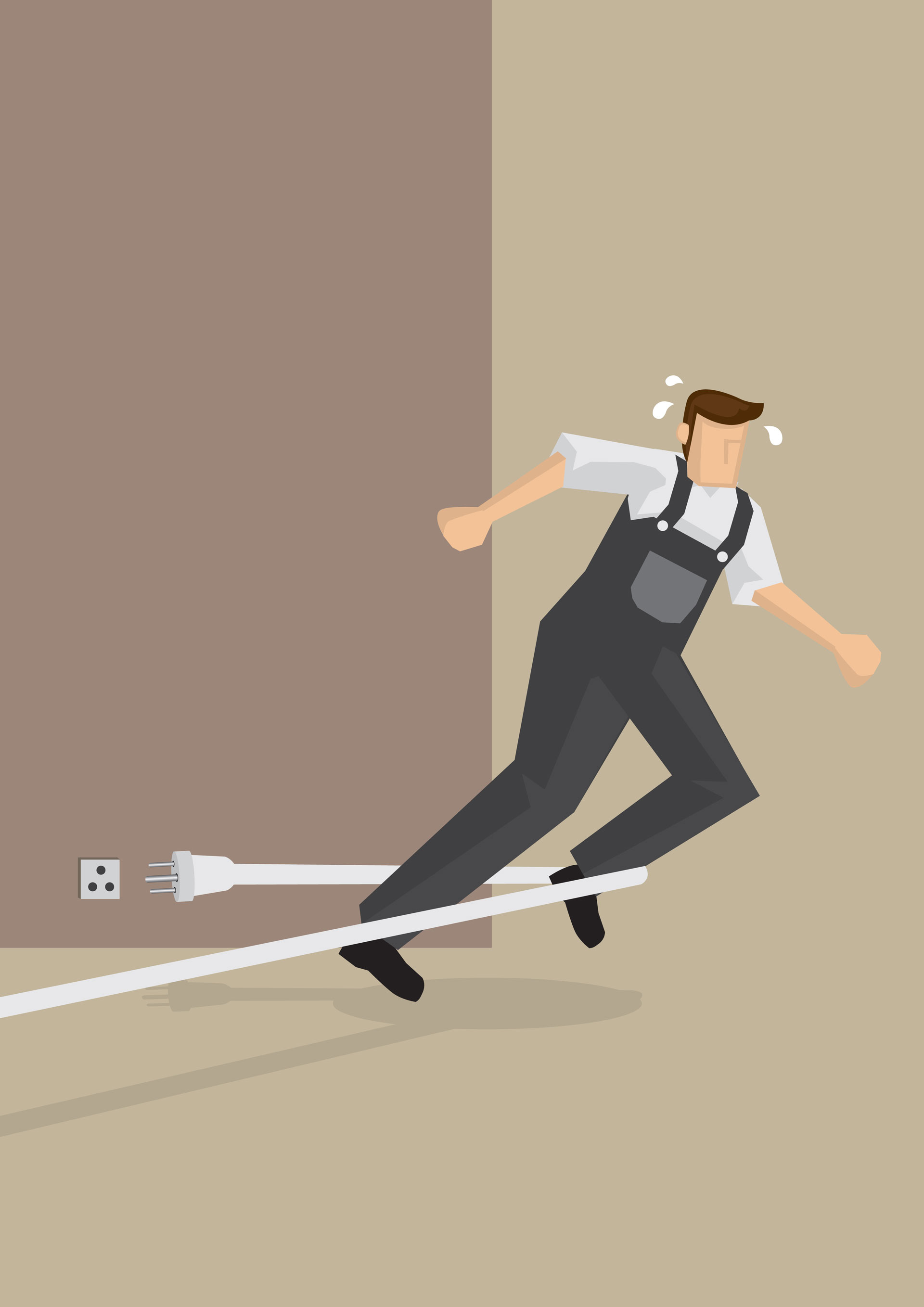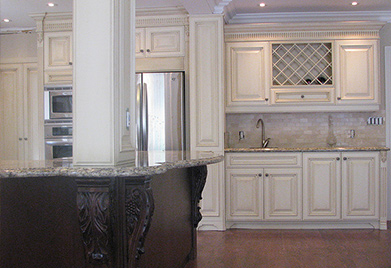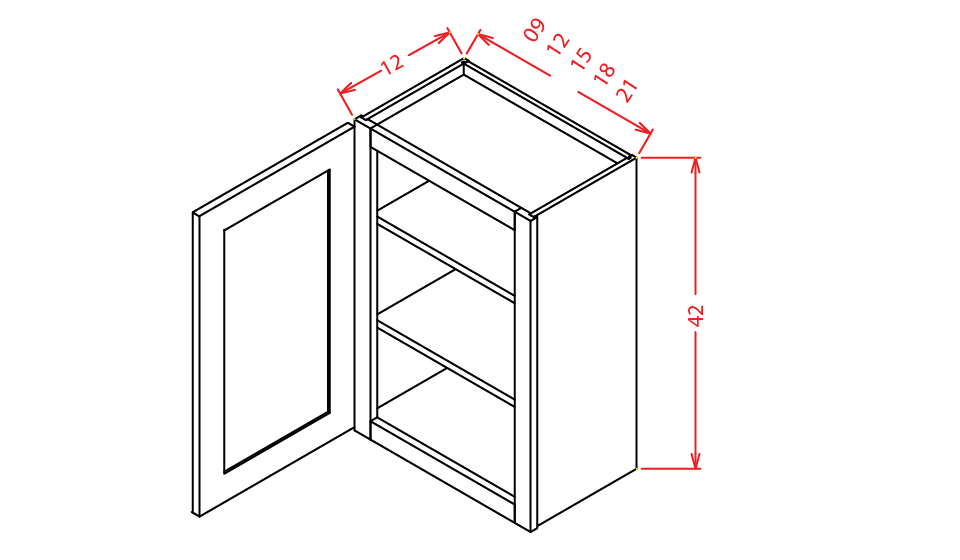BLURB: While failures are stepping stones to success, there are some things you can or should know to avoid failure as much as you can. Read on to discover five of the most common mistakes novice flippers make.
If you plan to succeed as a house flipper then what you need is not a list of to-dos but a list of what-not-to-dos. Sure, wise house flippers aren’t born but that doesn’t mean you need to learn everything through first-hand experience. There were others before you who made almost all the mistakes there are to be made and now your job is to simply learn from them. So, without further ado, here’s our list of five rookie mistakes that you should avoid.
-
Getting the Math All Wrong
It’s alright if you never liked Math growing up but it’s time to make peace with the numbers if you plan on succeeding as a house flipper. It’s a numbers game at every stage and getting your estimations wrong could result in your profits being subtracted heavily.
There are three numbers you need to nail as a house flipper:
- The Cost of Repairs and Renovations: Walk through the house making a list of repairs needed. Then, estimate the cost for doing those repairs keeping in mind the time, cost of materials and the cost of hiring a quality contractor who will finish the work satisfactorily. If you’re a beginner, a good place to get rough repair estimates is the internet. Websites like HomeAdvisor.com, PillarToPost.com or HomeRenovationEstimate.com. Offer reliable estimates, but remember to always err on the higher side of these estimates to avoid surprises later on.
- The After Repair Value (ARV): When you’re new to the field it’s common to find yourself facing home prices higher than you expected. Novice flippers, who lack the patience to wait for a better deal, are often tempted to hike up the ARV of a property they’re really interested in so that they can justify spending a little more on acquiring it. What they don’t realize is that the ARV of a property can sink up to 20 percent due to external conditions and if that happens, you would’ve landed yourself a huge money pit.
- The Sacred 70 percent Rule: The 70 percent rule in house flipping is your best shot at coming out on top with profits. It’s a time-tested formula that multiplies your ARV by 0.7 and subtracts repair estimates from that value to arrive at the maximum amount you can put down for a property. It’s a simple formula that will not only keep you safe but find you profits after you’ve financed the deal, paid the carrying costs and for any surprise expenses.
-
Waiving Home Inspection
Inspecting the property is a stage that not even veteran house flippers will avoid, if they can help it. Waiving it off as a newbie flipper is the fastest way to kiss your career goodbye. Without saying it goes that while it’s important to inspect the house itself, you also need to check out the neighborhood because even the best house flip will not sell in a bad neighborhood.
The three big reasons why you should never waive a home inspection are:
- Reveal Fundamental Flaws: House flipping is at its profitable best when the makeover required is just cosmetic and not fundamental fixes. While anyone can point out the cosmetic changes that are needed, only a professional home inspector can point out structural fixes that a house needs.
- Help You Bargain Better: A home inspection can show you all the things that aren’t immediately apparent, like a cracked foundation, pest infestation or mold. While such things take more time and money to fix, they can give you leverage to bargain with the seller for a price that can justify fixing those structural flaws.
- Save Time and Money: Home inspections may cost a few hundred dollars but they have the potential to save you thousands. Besides saving you from encountering surprise expenses, a home inspection will also help you plan your timeline better, thus giving you a realistic finish date.
-
Trying to DIY the Entire Flip
You might consider yourself really handy but when it comes to flipping a house, doing it all by yourself isn’t the best plan of action. While there’s no denying that you will lose money if you outsource every single job to a professional, you do need to rope in a few of them to wrap up jobs you aren’t exactly competent at.
Here are three other reasons why you shouldn’t DIY your flips:
- Time is Money: When you’re in the flipping business every minute gone is money lost. Often, newbie flippers who have some experience in plumbing work; in hanging a drywall or in installing hardwood flooring believe they’ve got all the skills required to complete a great flip. Unfortunately, it’s a lot more complicated task to take on all by yourself. You might think you’re saving money, but what you’re actually doing is wasting your time and effort and incredibly delaying the project.
- Work Redone is Expensive: Very often, newbie flippers find out the hard way that it actually costs them more to redo work that they originally messed up. Not only does it burn a hole in your pocket to erase your mistakes and redo it professionally (the second time) it can set you back by several days or weeks, delaying the entire project. They eventually understand that it costs lesser to get it right the very first time.
- Holding Costs Build Up Fast: For every day that gets added to your timeline, you will encounter additional holding costs like homeowner’s insurance, utilities maintenance and so on. So the longer you take to complete the flip the more it’s going to eat out of your profits.
-
Falling in Love With the Property
When you’re just getting started as a flipper, it’s easy to get carried away and let emotions dictate your every move. However, being emotional or getting attached to the house will result in bad decisions beginning from seemingly trivial things like paint colours to bigger issues like overestimating the ARV just so you can convince yourself to raise the maximum allowable offer.
Below are the three main emotional decisions you must avoid in a flip:
- Looks Alone Won’t Sell: The kind of houses that flippers buy come at prices far below the market value because they are in dire need of upgrades. While most of the houses can be fixed with cosmetic upgrades, there will also be some that need structural fixes. Newbie flippers tend to get too caught up with upgrades that make the place look great, at the cost of ignoring some structural faults. Remember that no amount of design upgrades will sell houses that are structurally flawed.
- Going Overboard on Upgrades: Many novice flippers tend to get carried away and forget that they won’t be moving into the place they’re flipping. Guided by emotions, they go overboard upgrading the house, adding things to the house that aren’t in line with comparable homes in the neighborhood. This is a sure-fire way to ensure your flip sits forever on the market, despite all the fancy upgrades you threw in. Why? Because the market is just too savvy most times.
- Personalizing a Flip: Newcomers tend to fall in love with the property so much that they begin designing it according to personal preferences. The best way to design a flip is to think of it as a blank canvas on which anyone can begin building their memories. It needs to stay neutral in terms of design features like paint colours and fixtures in order to appeal to a wide range of buyers.
-
Acting Too Fast
This ties in well with the above point about being emotional: Very often, inexperienced flippers tend to lack patience and attention to detail, acting hastily. Any decision that is made without serious contemplation will backfire, irrespective of the industry
As a novice flipper, you should avoid these three mistakes made in haste:
- Beginning Work Without Permits: In their anxiety to get started, many newbie flippers fail to secure all the permits and licenses required to flip houses. Since these rules tend to vary from state to state, it’s good practice to understand what is required in your state; whether you need to be licensed as a general contractor; or if you need to partner with one to stay out of trouble.
- Listing Before It’s Ready: Another typical newbie misconception is to think that listing earlier (even before the flip is finished) will give them a headstart when it comes to selling the place. Or, they imagine home buyers will be able to envision the house exactly the way they see it before it’s ready. More often than not, buyers struggle to envision themselves living in a place that has features in various states of completion. Always list the house only when it’s completely move-in ready.
- Paying Contractors in Advance: The most unfortunate of rookie mistakes is getting taken for a ride by contractors. Experienced flippers know never to pay a contractor in advance – instead, they release payments in installments, as and when set milestones are achieved satisfactorily. Newcomers who are anxious to complete the flip soon, tend to not just hire contractors without doing proper background checks, but also believe that paying them in advance will speed up things. That’s rarely ever the case.
Flipping Takes Time
Novices in any industry will go through an initial period of learning, and maybe even suffering, in order to learn the trade. While this list of rookie mistakes is quite comprehensive, it’s not in any way exhaustive.
Newbie flippers can err in several other aspects such as:
- not setting and sticking to a timeline
- not communicating with their contractors to ensure deadlines are met
- not realising it’s time to change strategy and rent out a place that just won’t sell
- not finding the right person to partner with
- not treating it like a real business
- not getting the necessary insurance
However, there is no bigger teacher than experience and the lessons you learn through your mistakes will stay with you for life.
















